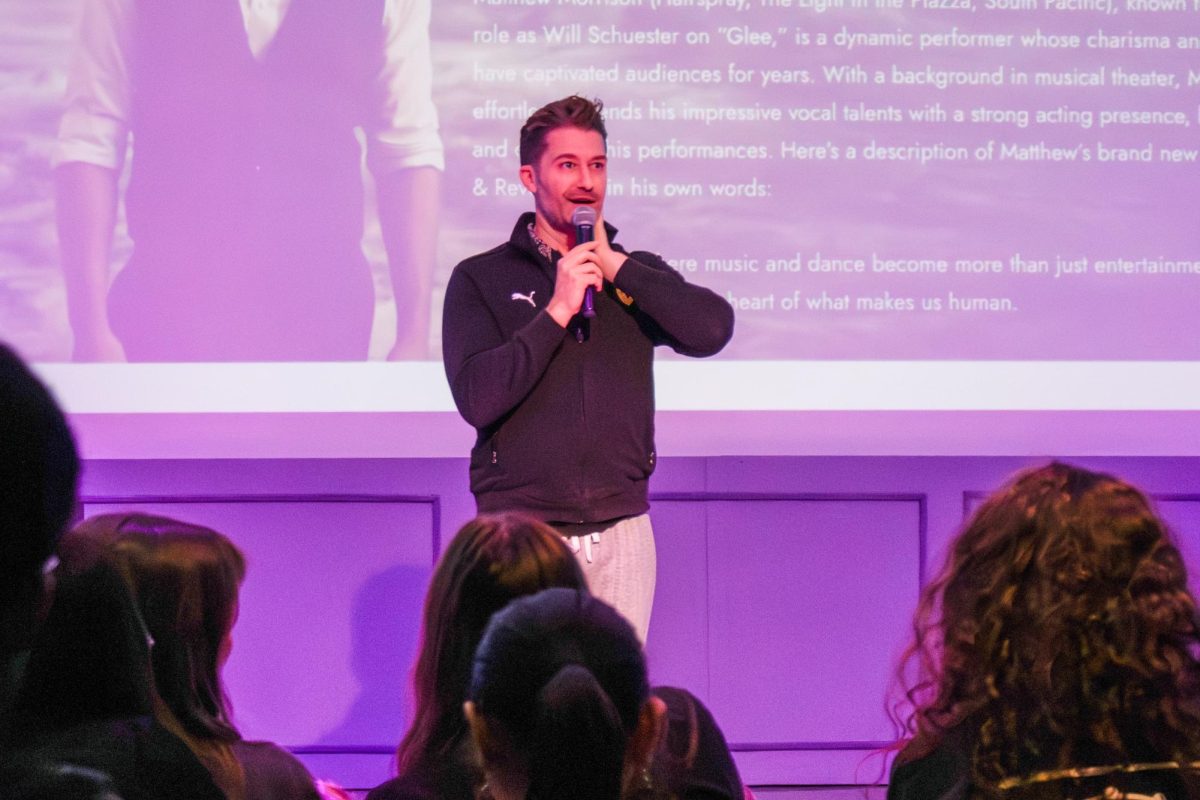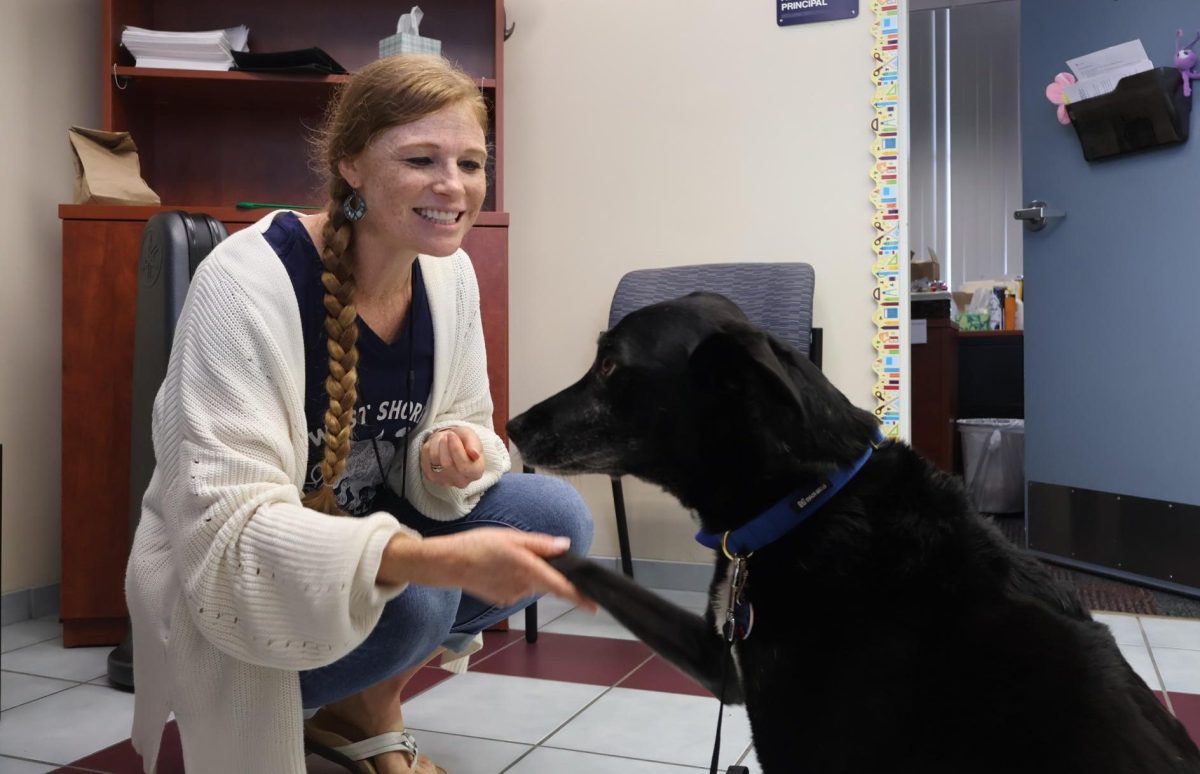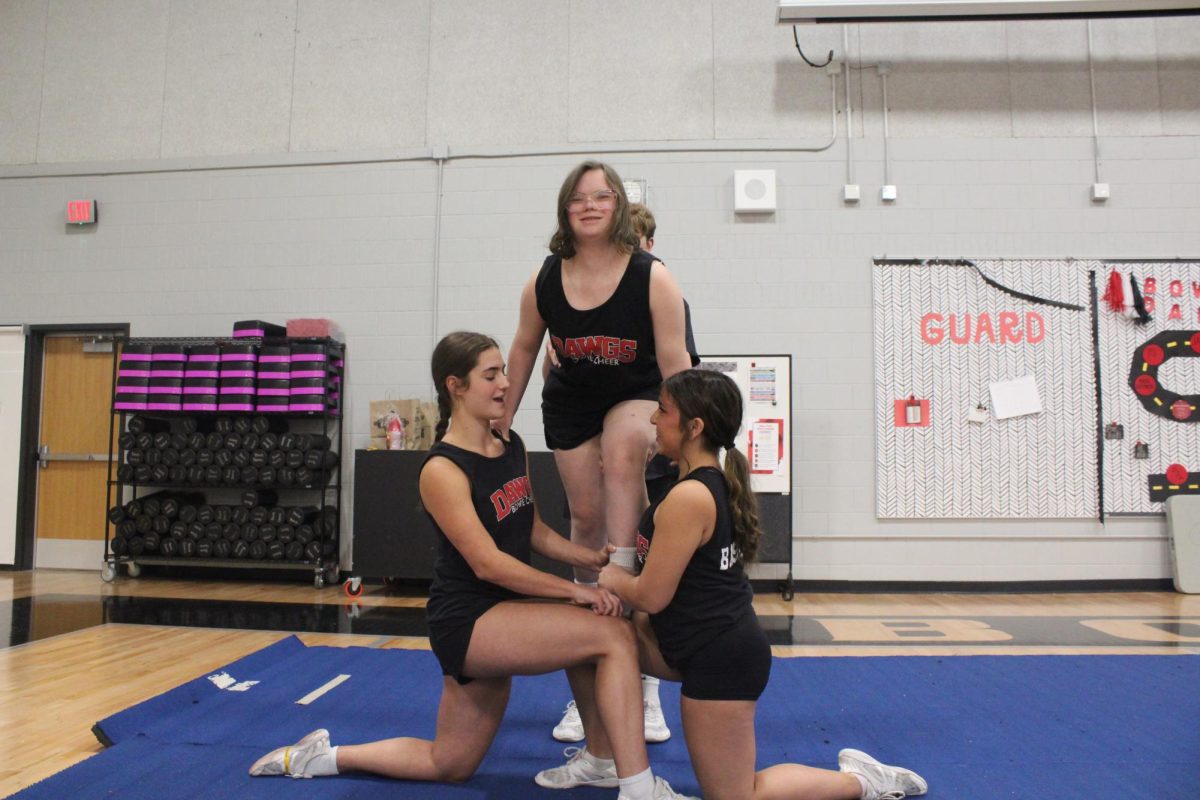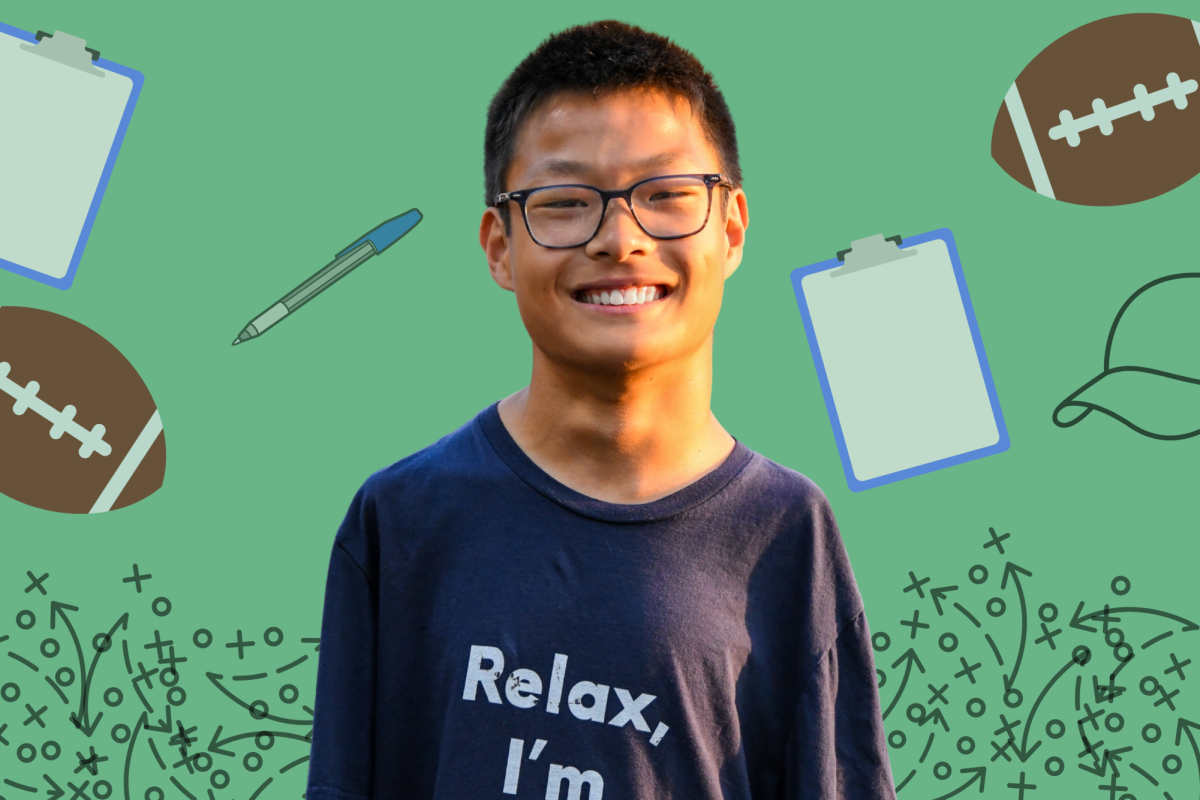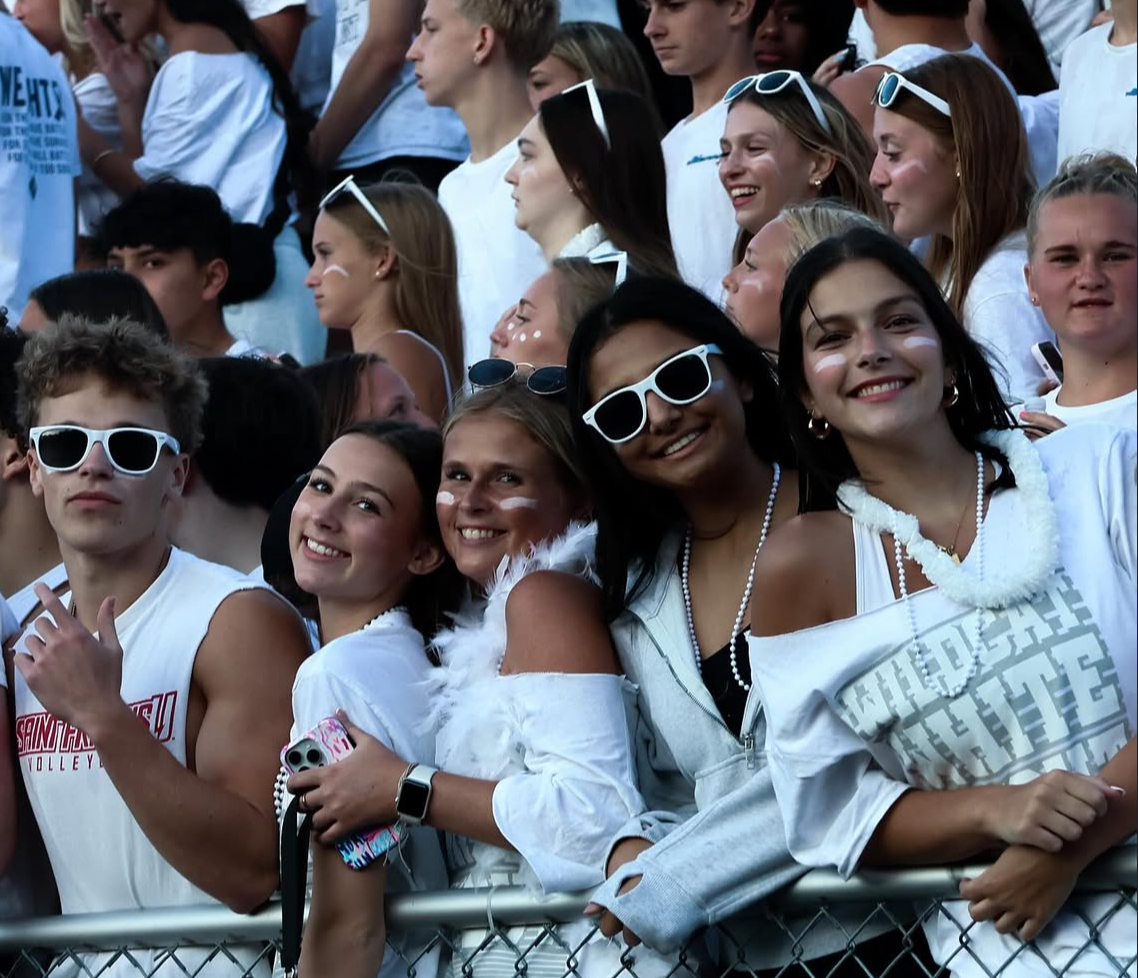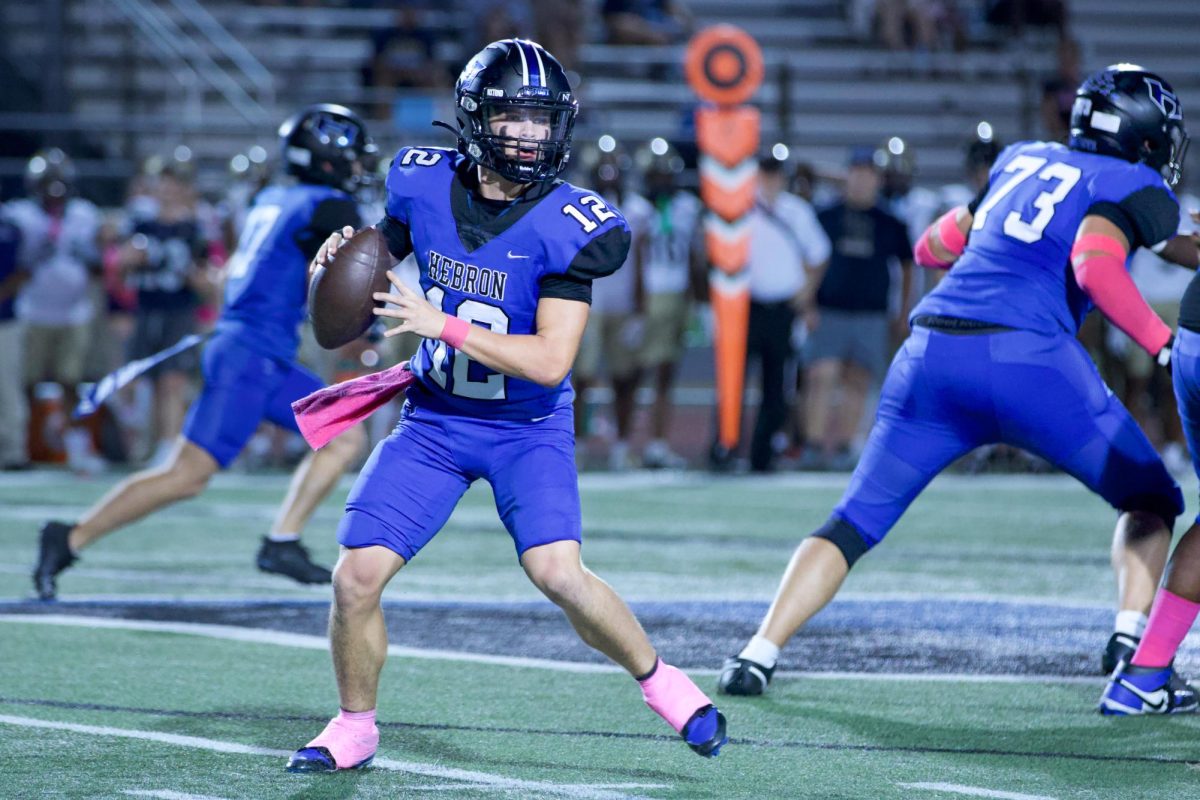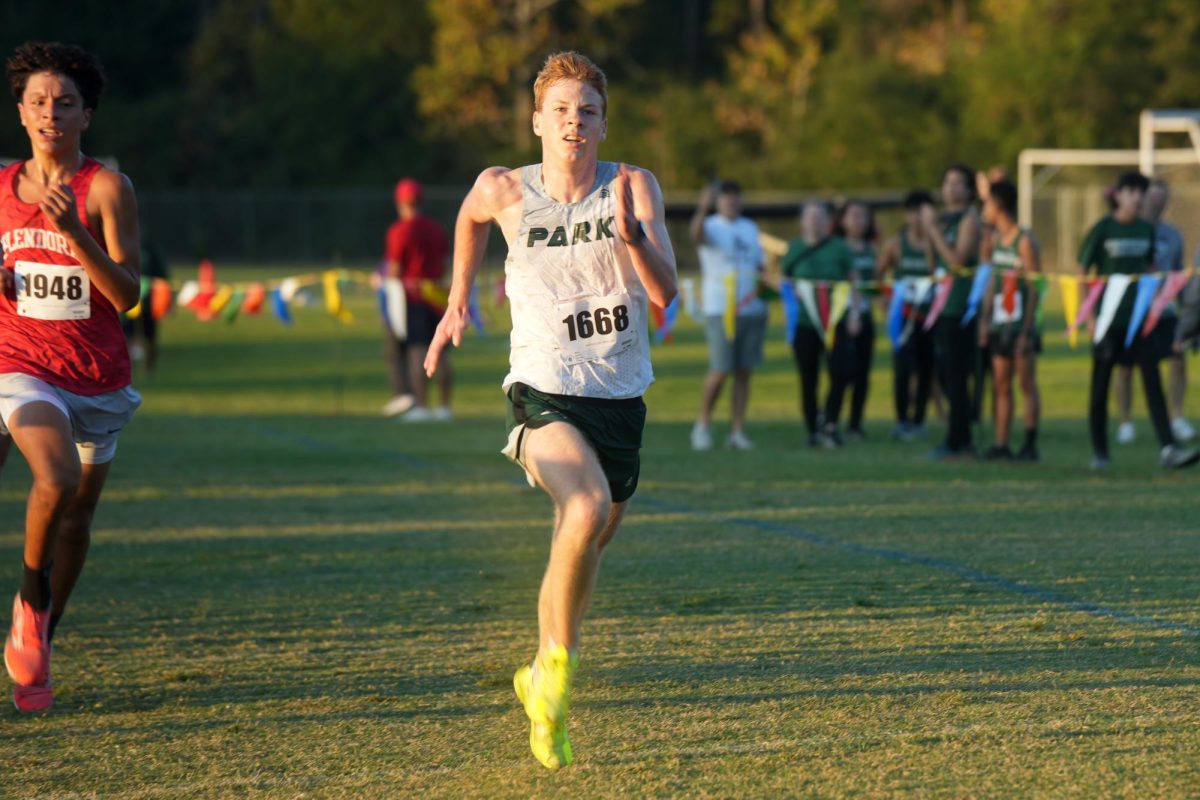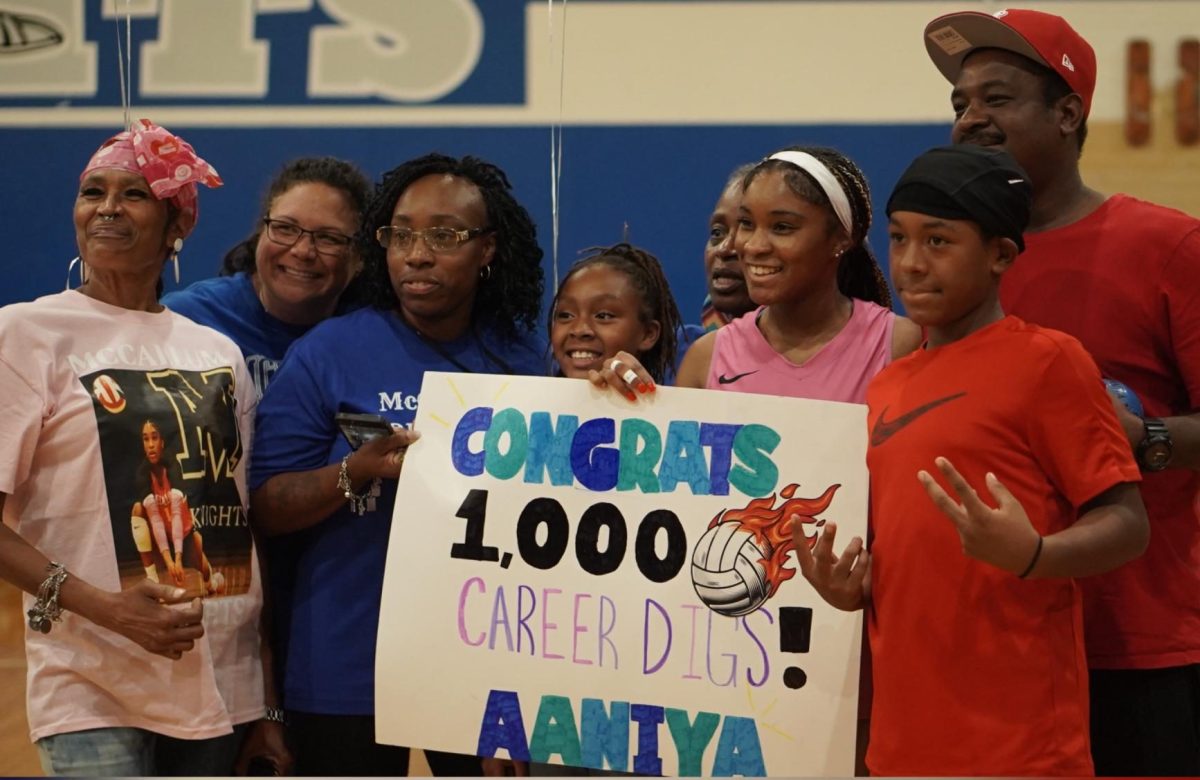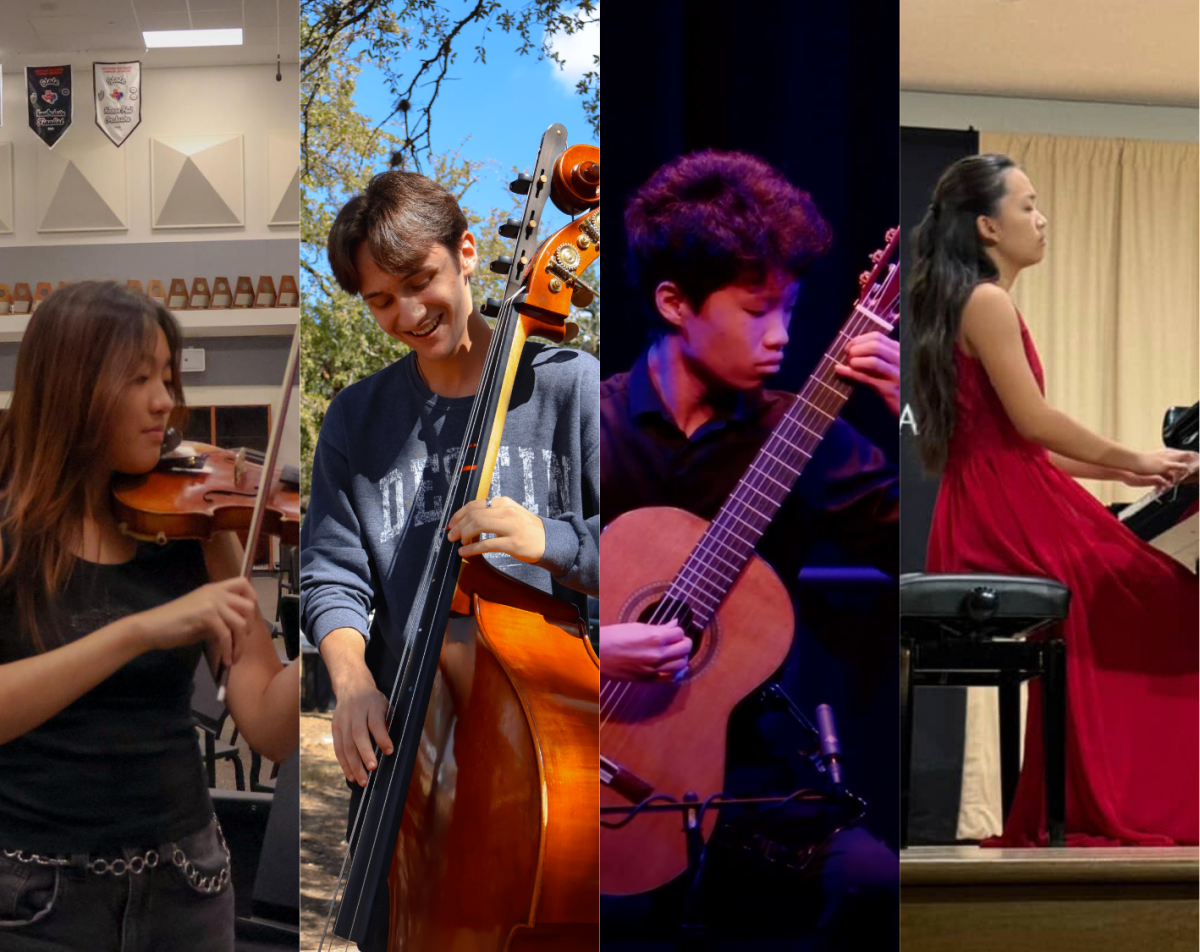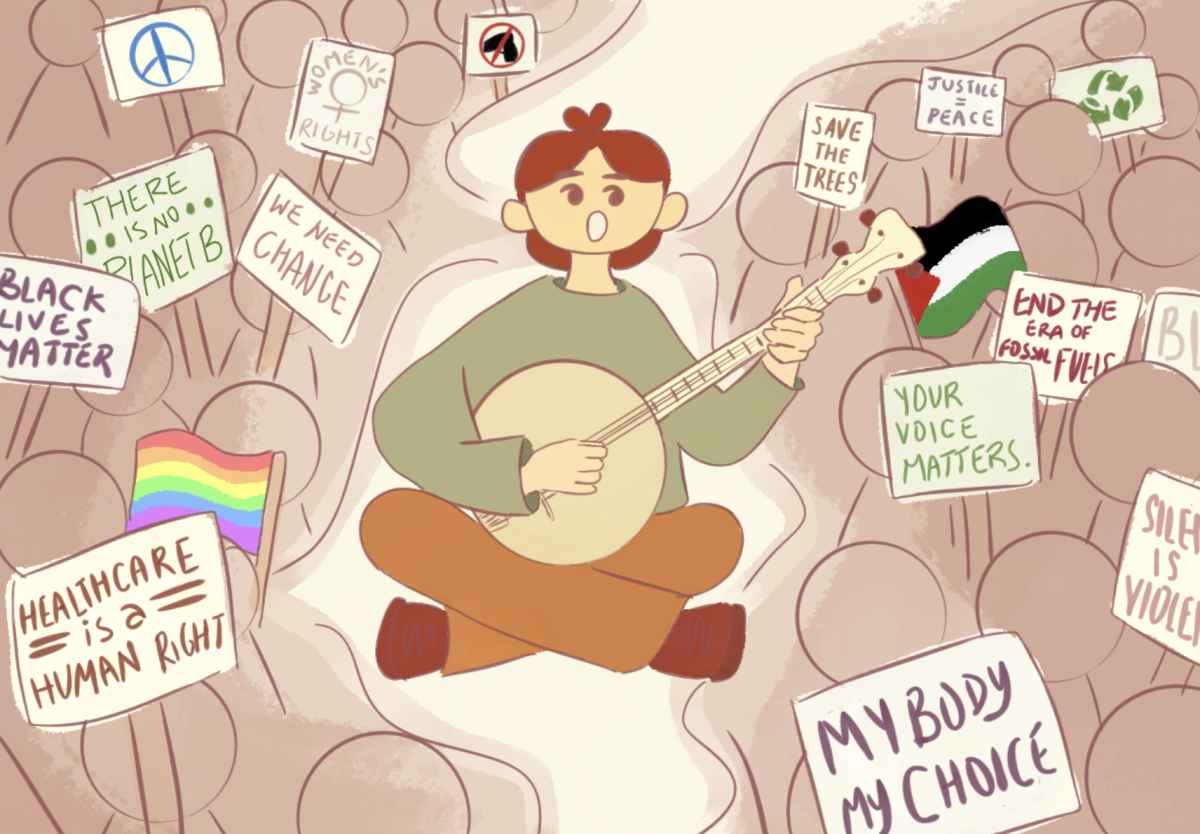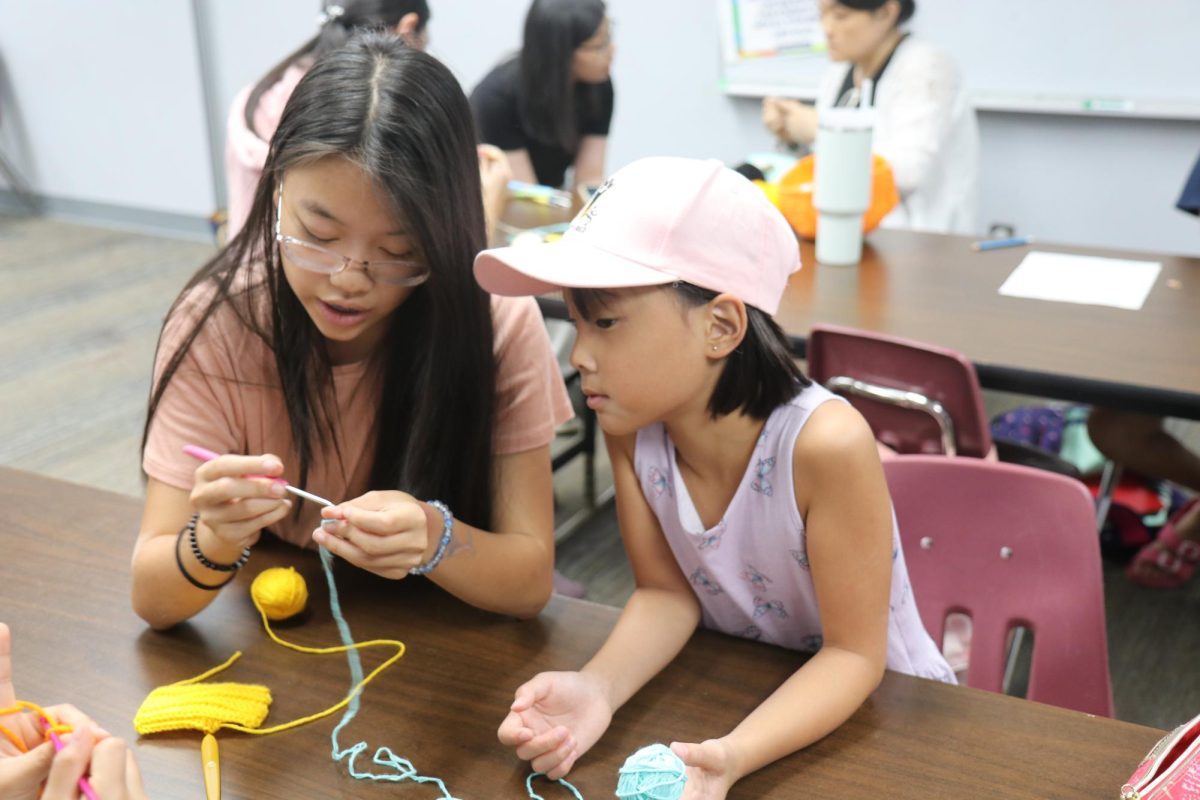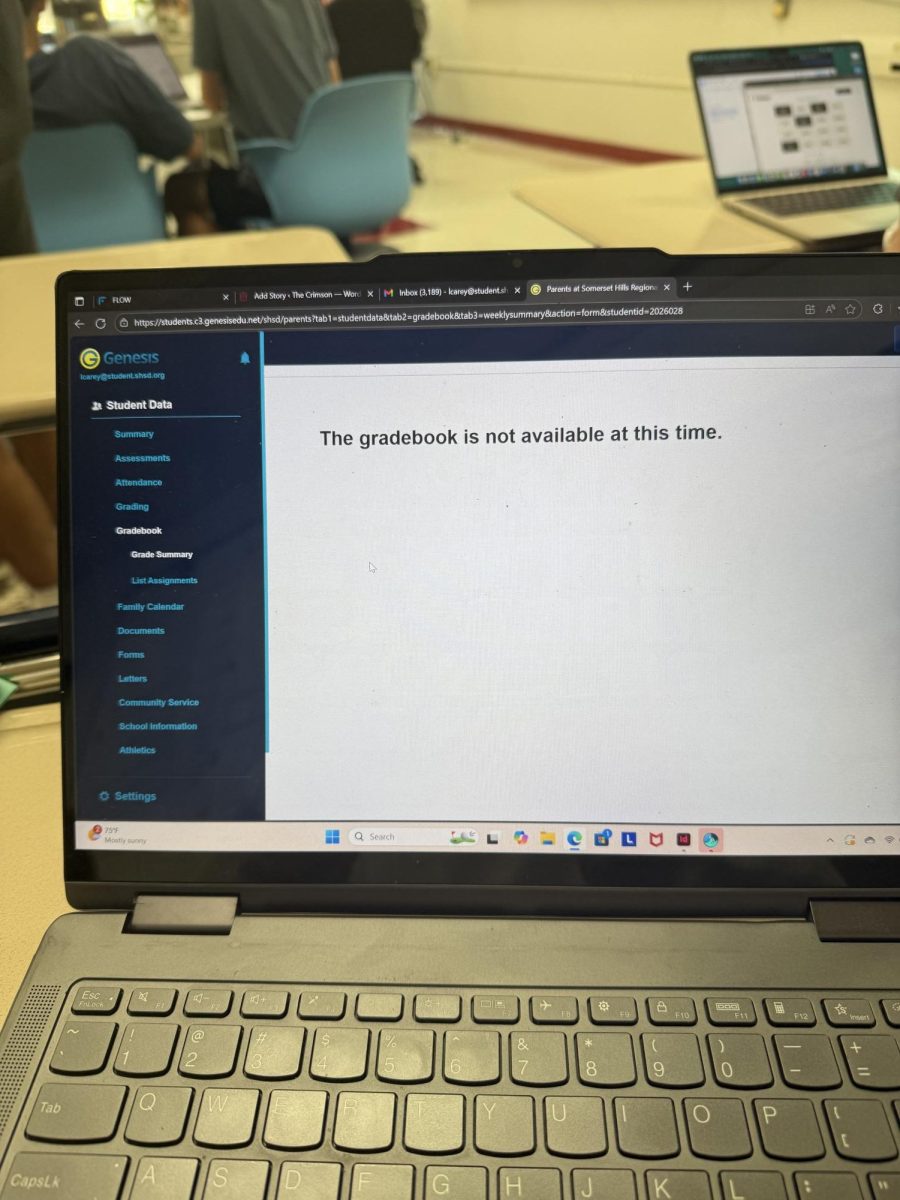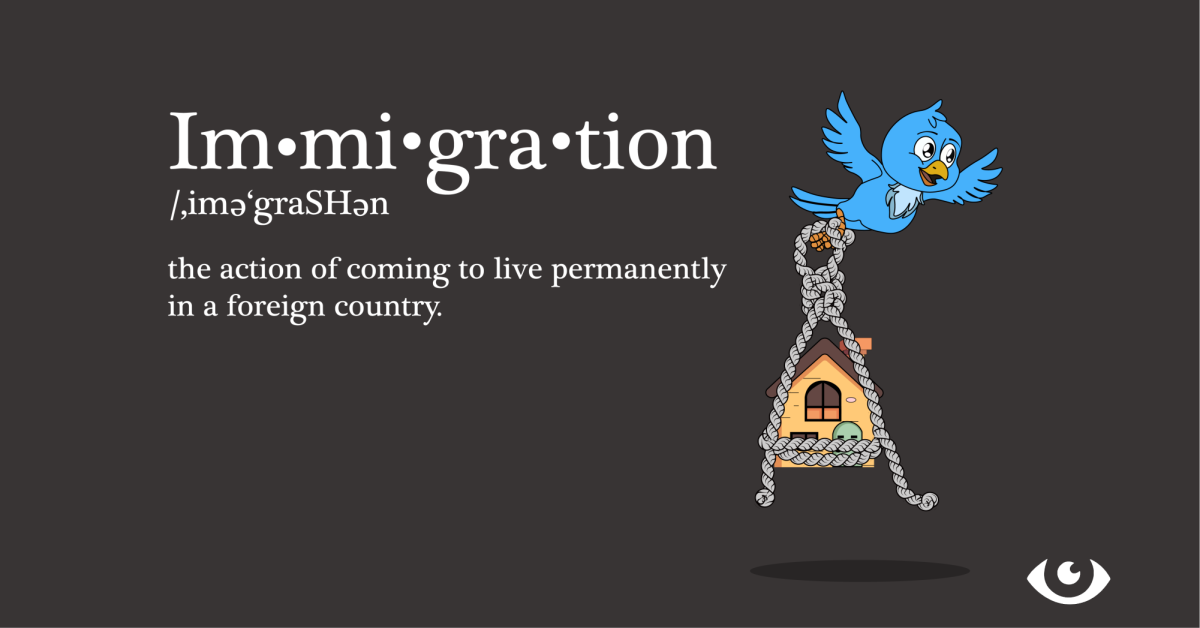First and second-generation students at Manual are bravely and resiliently paving a path that very few in their families have trekked before. In the case of second-generation students, their immigrant parents have journeyed the challenging path of migration and settled in a foreign land, and now their children are on a journey of their own. Having parents who are immigrants makes for a rich cultural upbringing, but is not without some challenges. On the other hand, first-generation students had to travel with their families and begin a new life in the United States. Both groups face issues that arise from the predisposed disadvantage of not understanding the systems of a different country.
In particular, navigating the college application system can be complex for any student, but it is especially difficult for students whose families are not fluent in English or who are the first in their families to apply to college.
“A big struggle of being first generation in my family is that my parents never went to college in the States, so they can’t really help me too much in my process,” Amy Arias Quijano (12, J&C) said, “I had never really thought about college or scholarships too much until my senior year, and when I finally got there, I realized I didn’t know what I was doing.”
However, Adelante Hispanic Achievers’ mission is to support Hispanic and Latinx middle and high school students in Louisville as they prepare to receive post-secondary education.
“When you come from a family that has either one or both of your parents or you had an older sibling that went through the process, then that makes it a lot easier for you. But the other thing is that they have to navigate it fully by themselves,” said Juliana Rodriguez, the executive director of Adelante.
Adelante supports students by providing standardized test study tools and information about scholarships and FAFSA. Additionally, the organization works directly with local colleges and universities to help students create a post-secondary school plan. “We partner with universities and colleges like the University of Louisville, Centre College and Hanover, and they reserve full-ride scholarship tuition for students finishing our program. So we’re very proud of that because that means that by going through Adelante they can also attain affordable education,” Rodriguez said.
Another struggle second-generation students face is having to bear the brunt of aiding their families as they navigate new systems in the U.S. At a young age, many second-generation students are faced with the responsibility of becoming the first in their families to learn a new language and having to interpret for their parents.
At the age of nine, Nahir Miranda made the journey to the United States from Cuba along with her mother. She was the first to learn English in her family, and now, at the age of sixteen, Miranda speaks of the responsibility she has to help her family.
“I have to translate for people, not only my parents but also grandparents and other family members,” Miranda said (11, HSU). Over the years, she has taken steps to teach her mother English and help guide her through her journey of navigating the system.
Another struggle of students with immigrant parents is facing and witnessing discrimination.
“A lot of people understand that immigrants get a lot of ugly looks and sometimes get discriminated against for whatever reason and it has not been different for us,” Miranda said, “My grandma has been told to ‘go back to her country’ for telling someone she didn’t speak English when they asked for her help, and we have gotten looks for speaking a different language in public.”
In addition to being discriminated against for speaking another language, language barriers make communication between school and home difficult. Last year, Angel Matus had an instance where he was in the office when the school had to call home.
“I’m not sure if it’s standard protocol to not provide a translator but [the school] didn’t provide one so it made a situation that was already confusing even more confusing because of the language barrier,” he said, “I had to simultaneously translate to my parents while also providing an explanation for my own actions which really made everything a mess. I really found it ironic that Diversity is one of the three things the school places emphasis on yet there’s a lack of accommodations for that diversity coming from people that are higher up.”
Advocates for immigrants and refugees in the Louisville area are working to combat some of the communication challenges.
“We get involved with the school itself so that they can bridge the gap between the teachers and the students and the parents,” said Pauline Mukeshimana, a community health worker serving East and Central African communities at Family Health Centers. She explains that schools may not understand how to best support non-English speaking communities, so that is where community advocates can educate schools and other social service providers.
This lack of accommodation makes spaces where second-generation students can find community all the more important. At Manual, clubs like LAHSO are places where students can build connections with students of similar backgrounds.
“I feel supported by my Manual community,” Arias Quijano said, “LAHSO & Allies, our school’s Latin American and Hispanic student organization, has been a safe space for me and the other Latino/Hispanic students at our school.”
Another club where immigrant students can connect and give back to their community is the Immigrant & Refugee Assistance Program (IRAP). The club is led by Manual students who are passionate about helping those in need. They focus on providing resources to refugees within the Louisville metro area. Each student comes to the club inspired by struggles they have experienced as immigrants themselves or witnessed as being close to an individual. They all come together to help members of the immigrant community who feel overlooked.
IRAP is currently hosting its annual donation drive, collecting warm items like coats and blankets to be donated to Kentucky Refugee Ministries. You can drop off donations in the box in Center Hall.
Additionally, there is no shortage of knowledge within Manual’s student body itself. Students often share tips and tricks. For example, the fact that most Manual students are focused on academics and planning to go to college means that second-generation students can find classmates to help provide knowledge their parents might not have.
“Since I got to Manual I’ve made a lot of friends and people that have been able to explain a lot of things to me that I didn’t understand like college applications and the biliteracy seal to help me in the future,” Miranda said.
Second-generation students bring valuable diversity and experiences to Manual. While many have had to overcome challenges, their resilience is admirable.
“Don’t lose heart, the future is still ahead,” Mukeshimana said, sharing a sentiment of the resilience that many immigrant families live by.
This story was originally published on Manual RedEye on January 16, 2024.


